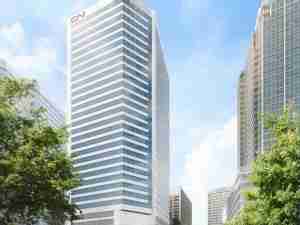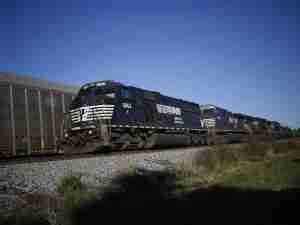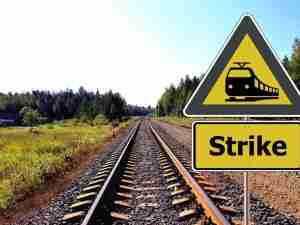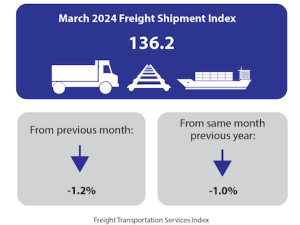Growers in Argentina's Pampas grains belt have begun collecting this season's crops. But millions of tonnes of soybeans and corn will be stranded without the trucks needed to haul the crop to grains terminals that dot the country's rivers and serve as the gateway to the world market.
A prolonged protest by truckers over haulage tariffs could delay shipments from the world's No. 1 exporter of soyoil, used for cooking and in the booming biofuels sector, and soymeal, used as animal feed.
The South American country is also the world's No. 3 soybean exporter and No. 2 in corn after the United States.
"We are far from reaching an agreement," said Valeria Pardo, a negotiator for the FETRA trucking federation that is leading the strike. Talks with government officials would resume on Thursday, she said.
Few rigs have arrived at Argentina's main grains hub of Rosario this week, a fact that supported Wednesday's rebound in U.S. soybean prices as rumors swirled of strong Chinese buying.
"I think the Argentine truck strike is getting some publicity," said Mike Zuzolo with Global Commodity Analytics in Lafayette, Indiana. "If the South American supplies are not available for increased purchases by China, that suggests you want to keep some premium for beans."
The government expects the soy harvest to come in at 43.5 million to 45 million tonnes. The corn crop is forecast by the government at 21 million to 22 million tonnes, with both crops hit by drought in December and January that reduced yields.
Grains exporters with operations in Argentina include Cargill, Bunge, Molinos Rio de la Plata , Noble and Louis Dreyfus.
The truckers accuse the government of failing to implement a guaranteed minimum hauling tariff that was agreed to after a strike in October.
Work stoppages are common in Argentina as unions demand pay rises in line with double-digit inflation. But the truckers' strike comes at a difficult time for farmers recovering from the severe dry spell.
This is also a tough period for President Cristina Fernandez, as fallout from the lackluster world economy forces her government to cut some of the subsidies and social spending that helped set the stage for her 2011 re-election landslide.
Her popularity rating has sunk to the low 40s as Argentina's economy, which boomed during most of her first term, slows down. (Reuters)








